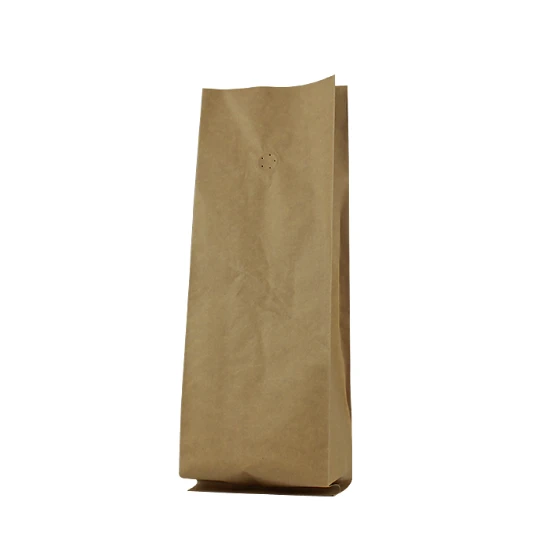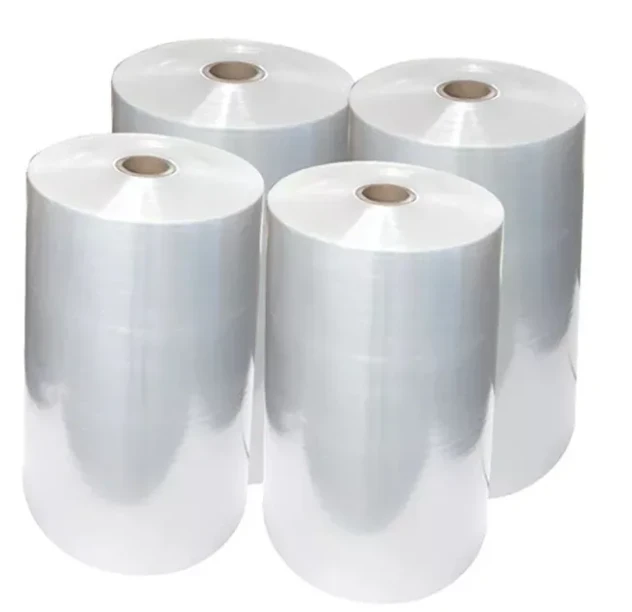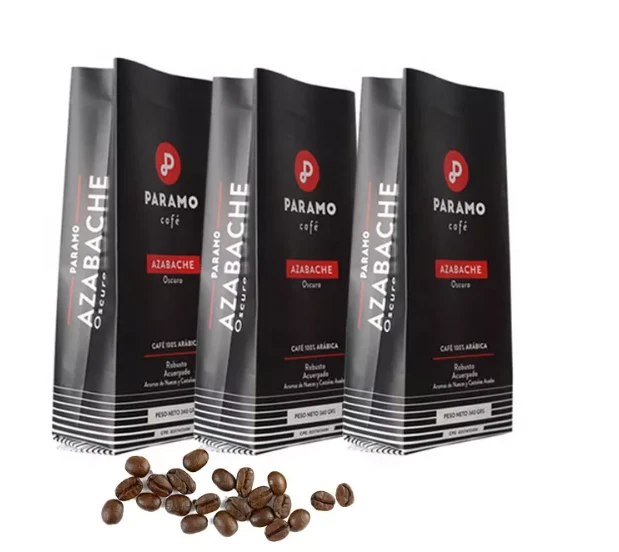- Afrikaans
- Albanian
- Amharic
- Arabic
- Armenian
- Azerbaijani
- Basque
- Belarusian
- Bengali
- Bosnian
- Bulgarian
- Catalan
- Cebuano
- chinese_simplified
- chinese_traditional
- Corsican
- Croatian
- Czech
- Danish
- Dutch
- English
- Esperanto
- Estonian
- Finnish
- French
- Frisian
- Galician
- Georgian
- German
- Greek
- Gujarati
- haitian_creole
- hausa
- hawaiian
- Hebrew
- Hindi
- Miao
- Hungarian
- Icelandic
- igbo
- Indonesian
- irish
- Italian
- Japanese
- Javanese
- Kannada
- kazakh
- Khmer
- Rwandese
- Korean
- Kurdish
- Kyrgyz
- Lao
- Latin
- Latvian
- Lithuanian
- Luxembourgish
- Macedonian
- Malgashi
- Malay
- Malayalam
- Maltese
- Maori
- Marathi
- Mongolian
- Myanmar
- Nepali
- Norwegian
- Norwegian
- Occitan
- Pashto
- Persian
- Polish
- Portuguese
- Punjabi
- Romanian
- Russian
- Samoan
- scottish-gaelic
- Serbian
- Sesotho
- Shona
- Sindhi
- Sinhala
- Slovak
- Slovenian
- Somali
- Spanish
- Sundanese
- Swahili
- Swedish
- Tagalog
- Tajik
- Tamil
- Tatar
- Telugu
- Thai
- Turkish
- Turkmen
- Ukrainian
- Urdu
- Uighur
- Uzbek
- Vietnamese
- Welsh
- Bantu
- Yiddish
- Yoruba
- Zulu
small tin cans
The Versatile World of Small Tin Cans
In our everyday lives, small tin cans are one of the unsung heroes of packaging. Often overlooked in the grander scheme of consumer goods, these modest containers offer a wealth of benefits that contribute to both convenience and sustainability. From food preservation to creative repurposing, small tin cans embody versatility and practicality in modern society.
Historical Significance
The story of tin cans dates back to the early 19th century when they were invented as a means to preserve food for long periods. Before the advent of refrigeration, small tin cans provided a revolutionary solution for storing perishables. Through a process of canning, foods could be sealed in an airtight environment, significantly extending their shelf life. This innovation was crucial for soldiers during wars and explorers on lengthy journeys, transforming the way food was consumed and stored.
Food Preservation
Today, we see small tin cans used predominantly for preserving various food items. Items like canned vegetables, fruits, tuna, and soups find a home in our kitchens, providing a convenient option for meals. The sealing process not only keeps food fresh but also locks in nutrients, ensuring that they remain intact until opened. This is particularly vital in an era where fast-paced living often leads to reliance on convenience foods.
Moreover, small tin cans are a great choice for portion control. They come in manageable sizes, helping consumers avoid wastage by offering the right amount for one or two servings. In a world increasingly concerned with sustainability, this aspect of small tin cans plays a crucial role in promoting responsible consumption.
Eco-Friendly Packaging
small tin cans

Another significant advantage of small tin cans is their environmental impact. Made primarily from recyclable materials, tin cans can be reprocessed multiple times without degrading in quality. This contributes to a circular economy, where materials are reused, reducing the need for virgin resources. Recycling tin cans requires less energy compared to producing new aluminum or glass containers, making them an eco-friendly option for manufacturers and consumers alike.
Additionally, the lightweight nature of tin cans reduces transportation costs and carbon emissions. Companies that prioritize sustainable practices are increasingly turning to small tin cans to package their products, reflecting a growing demand for environmentally conscious alternatives.
Creative Uses Beyond Food
The utility of small tin cans extends beyond their traditional role in food storage. Their sturdy construction and appealing appearance make them ideal for various creative projects. DIY enthusiasts often choose them for crafting, turning small tin cans into planters, candle holders, or even decorative art pieces. With a bit of paint and creativity, these cans can be transformed from simple containers into charming decor items that enhance any space.
Moreover, small tin cans can serve practical purposes in organizing household items. Whether it's storing office supplies, kitchen utensils, or small toys, these cans offer a chic and functional solution to clutter. Their stackable design and varying sizes make them easy to integrate into storage solutions, proving that beauty and utility can coexist harmoniously.
Conclusion
In conclusion, small tin cans are far more than mere containers; they represent a blend of tradition, practicality, and sustainability. Their role in food preservation is undeniable, while their eco-friendly attributes align with modern values of responsible consumption. Additionally, their potential for creative repurposing adds an artistic flair to everyday objects.
As we continue to navigate a world replete with environmental challenges and a growing need for innovative solutions, small tin cans stand out as a reliable and versatile choice. Whether you're savoring a delicious canned meal or embarking on a crafty project, these unassuming cans remind us of the value found in simplicity and resourcefulness. Embracing the small tin can may be a small step for individuals, but collectively, it can lead to significant positive impacts on our environment and lifestyle.













